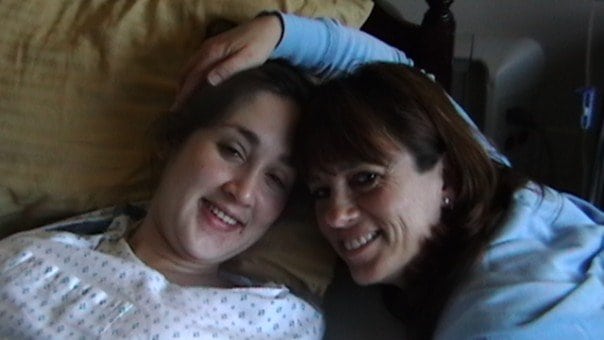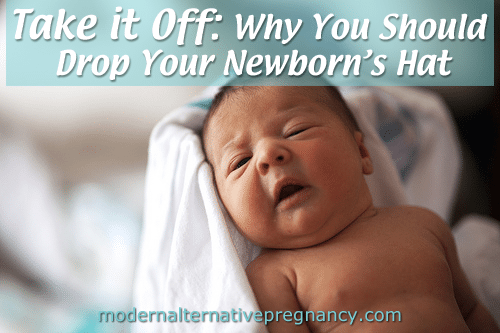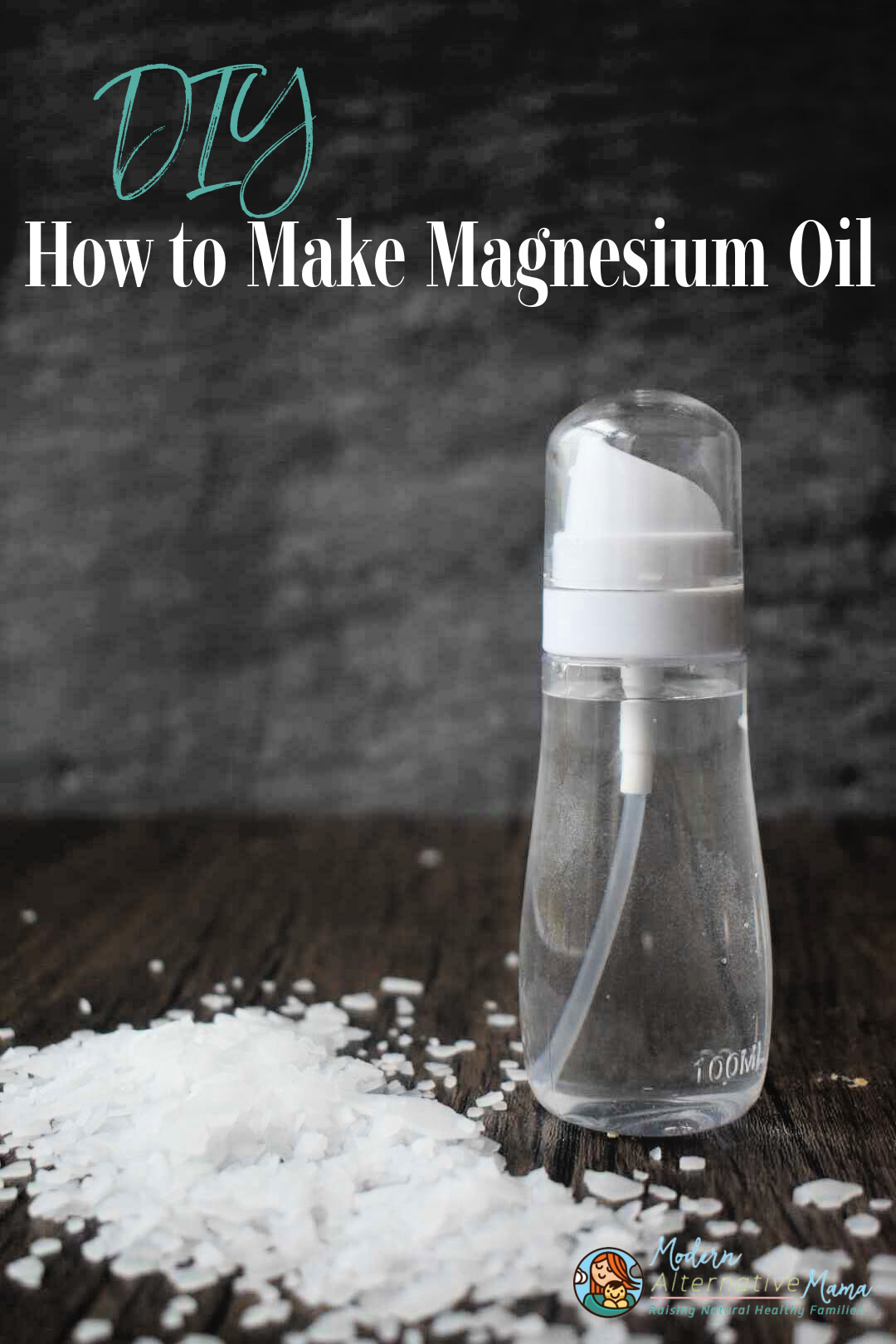In a suburban home in NC, a woman gives birth in the water after a long and hard pushing stage. Her baby requires a couple of ventilation breaths to get started, and those are administered by a midwife who is not recognized as “legal” by her home state, but is certified in neonatal resuscitation and carries proper equipment to administer it. The baby quickly cries and pinks up and by five minutes, has an APGAR score of 9. It is her first home birth…her 3rd VBAC after two cesareans. After hours of research and multiple conversations with medical providers, she decided that home was the best place for this birth, though she realizes some would say it was high risk and irresponsible. She and her husband together counted the costs and decided that this was right for this birth, for this baby….. for their family.
In another part of NC, a woman labors long and hard for her desired home birth. But the baby’s heart tones begin to waver and the mother is showing signs of possible exhaustion. The decision is made to transport. Though this is disappointing for the mother and the family is aware that they will deal with many pressures at the hospital, it is agreed that it is best for all. Their baby is born healthy and they have a good birth experience, despite the disapproving looks and whispers of the hospital staff. The combination of care helped bring a good outcome to fruition.
Thankfully, those stories make up the majority of “imperfect” home birth situations and in a perfect world, the parents are informed of these possible scenarios and have thought about them ahead of time.
Can Home Births Go Wrong?
Then I read a blog post by a woman whose home birth baby was stillborn. My heart wrenched as I read the raw agony of her soul poured out onto the internet for the world to see. She asked the inevitable question…. “If I had been in the hospital, would my precious baby have lived?” No one can give her an answer as the reason for her baby’s death was not clear. She also spoke of the judgment of others and the “you asked for it” attitude of her relatives, peers and complete strangers. This was a scenario she had never imagined…never dreamed…never planned for. Isolation. Loss.
They had not considered the fact that when your baby is stillborn or injured at birth in a hospital, it is still acceptable to others because the assumption is that everything on earth was done to prevent and save. But because of their decision to birth at home, the sentiment toward them was different. In the face of the grief of losing their child, they were left alone with their plate of pain as if they had special ordered it. This was a scenario they could not have possibly planned for.
Though they are not high in quantity, I know these stories are also out there. Those outcomes provide the center of controversy over home birth, and the reactions of the parents who experience these scenarios seem to vary based one thing – informed consent.
Discussing Birth Outcomes as a Midwife
As a new midwife, find myself constantly adding new things to my list of issues to speak with potential home birth clients about. Everyone loves to talk about water birth and the freedom to eat and move. No one wants to discuss hard things like complications, transport and the possibility of a bad outcome. Home birth is many times erected as the Taj Mahal of birth. Midwives are idolized and admired for their work and no one wants to doubt or mistrust them. But these things must be addressed. In is the spirit of “informed consent,” the beauty of birth as well as the risks and responsibilities of birth in any and all settings must be addressed.
If you try to Google the definition of “informed consent,” you won’t find anything written in stone. You see, the definition is still evolving…at least that is what the medical malpractice attorneys say. They learn to define it court case by court case…which papers and signatures protect, which ones are useless, which activities and interactions prove you covered it and if there is even any possible way to document it thoroughly.
Informed consent is, in my opinion, a two-way street. Caregivers need to readily provide information on themselves, their recommendations, and their treatments. However, consumers need to be educated and armed with questions and research to know what information is needed to make a true informed decision. It’s a delicate balance that does seem daunting for both sides.
Home birth will always be seen as an alternative choice…the “fringe” if you will. With such a small number of people choosing it, there will never be a true standard of care amongst the many types of providers and scenarios it offers. It will be up to the consumer to ask questions and not assume anything. Yes, even the hard questions must be asked: “What will you do if my baby isn’t breathing when he is born? Would you be willing to demonstrate that for me?” “What equipment do you bring to a birth? Would you show me?” “What situations do you believe warrant a call to 911?” “What will you do if I begin to bleed too much?” “Do you bring help to a birth with you and what are their qualifications?”
I believe in the right of parents to choose any provider they wish to attend their birth. I do not believe that only credentialed providers with certain initials behind their name should be able to attend births legally. It is part of our basic freedoms as US citizens to make these choices for ourselves and our family. However, with these choices come heavy responsibility, and one must step outside the visions of candle light and water birth to be sure they have an accurate picture of the weight of the choice they are making. It is not to be taken lightly.
A true informed decision means the consumer must be educated and fully aware of all of the options, benefits, risks and alternatives. Time must be taken in the midst of busy jobs, children’s activities, social engagements and the demands of life for research and education. And I believe informed consent applies to mother and partner. If one is the decision maker and is deferred to in spite of the concerns of the other, this makes for a cocktail of turmoil if complications develop.
At the same time, any midwife, regardless of education or credential, should be ready and willing to offer up information on her training, her limitations, her experience and her philosophy. Not knowing or asking about any of these things can result in disappointment and disillusionment later if a home birth becomes complicated or difficult. Even the most organic of midwives need to offer this information clearly. If one knows that a midwife does not carry equipment that monitors fetal heart tones because it contradicts her philosophies of labor and birth, then one must accept the possible consequences of that scenario. And I fully respect the right of the consumer not to want those things in their birth as long as they are making an informed decision.
At the end of the day, informed consent seems to be about thorough communication and hard conversation. For consumers, it may mean asking uncomfortable questions. For midwives, it means bringing into the light uncomfortable scenarios and talking through many “what ifs” to be sure that the clients are truly educating and informing themselves.
Home birth for the most part is a peaceful and empowering process from start to finish. For all the stories you hear and read of dissatisfaction with home birth, there are hundreds of women who have been forever transformed by it…ushered into motherhood on the wings of strength and confidence. But we must always be sure we step outside our fantasies and deal with the realities of any life changing choice. Home birth means bearing the responsibility of your choice in the face much controversy and it means more work on the part of the consumer to be fully informed.
I believe in home birth. I believe in the safety of it. I believe that an informed woman has the right to have a birth with the attendant of her choice in the place she feels comfortable and safe. I believe that the laws regarding birth attendants and home birth should never infringe upon our personal freedoms as consumers. But I also believe in the personal responsibility of consumers in making those choices. I believe in the rights of others to have opinions and to speak for it, and against it.
Do you believe in true informed consent? Or do you believe that government or other entities need to protect us from ourselves in such decisions? Where does the web of responsibility start and end for our personal choices.
Just like informed consent, the answers are ever evolving….
Do you ask or has your midwife volunteered answers to tough questions like these?








Thank you for this thoughtful post.
I think it is so interesting and accurate that you call us consumers. Moms and Dads need to take responsibility for our families’ healthcare decisions!
Thnak you, thank you, thank you. We never want to think the “what if” might happen to US, and unfortunately for everyone, sometimes the “I want to make the decisions” only holds up til things don’t go as planned–for all the reasons you said, and then it’s good-bye midwife. This is an excellent article.
[…] A homebirth transfer, or transport, occurs when a mother who had prepared and planned for a home birth makes the decision with her care providers to leave the home and go to the hospital.
[…] Who's Your Midwife? Asking the Tough Questions | Modern …/2012/09/19/whos-your-midwife-asking-the-tough-questions/ […]